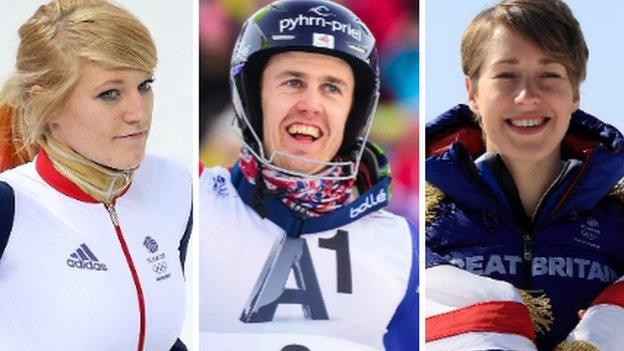Winter Olympics 2018: Cas verdict on 39 banned Russians due on Thursday
- Published
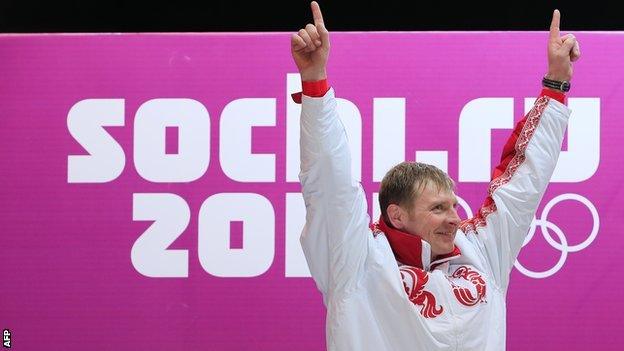
Bobsleigher Aleksandr Zubkov was the flag bearer for Russia in Sochi
XXIII Olympic Winter Games |
|---|
Venue: Pyeongchang, South Korea Dates: 9-25 February |
Coverage: Watch live on BBC TV, Red Button, Connected TVs, BBC Sport website and mobile app. |
The Court of Arbitration for Sport is due to announce its verdict on 39 Russian athletes appealing against lifetime Olympics bans at 08:00 GMT on Thursday.
Each athlete was banned by the International Olympic Committee (IOC) for doping offences at the 2014 Games.
The Winter Olympics in Pyeongchang, South Korea begin on 9 February.
The IOC banned Russia from competing in them in December, but has invited 169 Russians to compete as neutrals.
Speed skater Olga Graf rejected the invitation on Tuesday, saying "the sport has become a bargaining chip in dirty political games".
A total of 43 Russian athletes were banned for life from the Olympics following the findings of the 2016 McLaren report into state-sponsored doping at Sochi 2014.
Sochi gold medallists Alexander Legkov (cross-country skiing), Aleksei Negodailo (bobsleigh), Aleksandr Tretiakov (skeleton), Dmitry Trunenkov (bobsleigh) and Aleksandr Zubkov (bobsleigh) are among the 42 athletes to have appealed against their bans.
Bobsleigh's Maxim Belugin was the only banned athlete not to lodge an appeal with Cas, while the cases of three biathletes - Olga Zaytseva, Olga Vilukhina and Yana Romanova - were not among those heard last week as the relevant procedures have been "suspended".
Great Britain's four-man bobsleigh team will also learn whether they are to receive a retrospective Olympic bronze medal from Sochi 2014 when Cas makes its ruling.
The British four-man team - led by pilot John Jackson - initially finished fifth, but could be upgraded to bronze after the IOC disqualified the two Russian sleds - who finished first and fourth - following re-examination of the doping tests conducted at the time.
Meanwhile, Olympic chiefs have been urged not to use a new design of bottle for collecting athlete samples for doping tests.
Concerns were raised over the integrity of the new bottles, with suggestions they could be opened when frozen and samples tampered with.
The World Anti-Doping Agency (Wada) investigated the claims and has now asked the IOC, external to continue using an earlier model of the bottles.
- Published30 January 2018
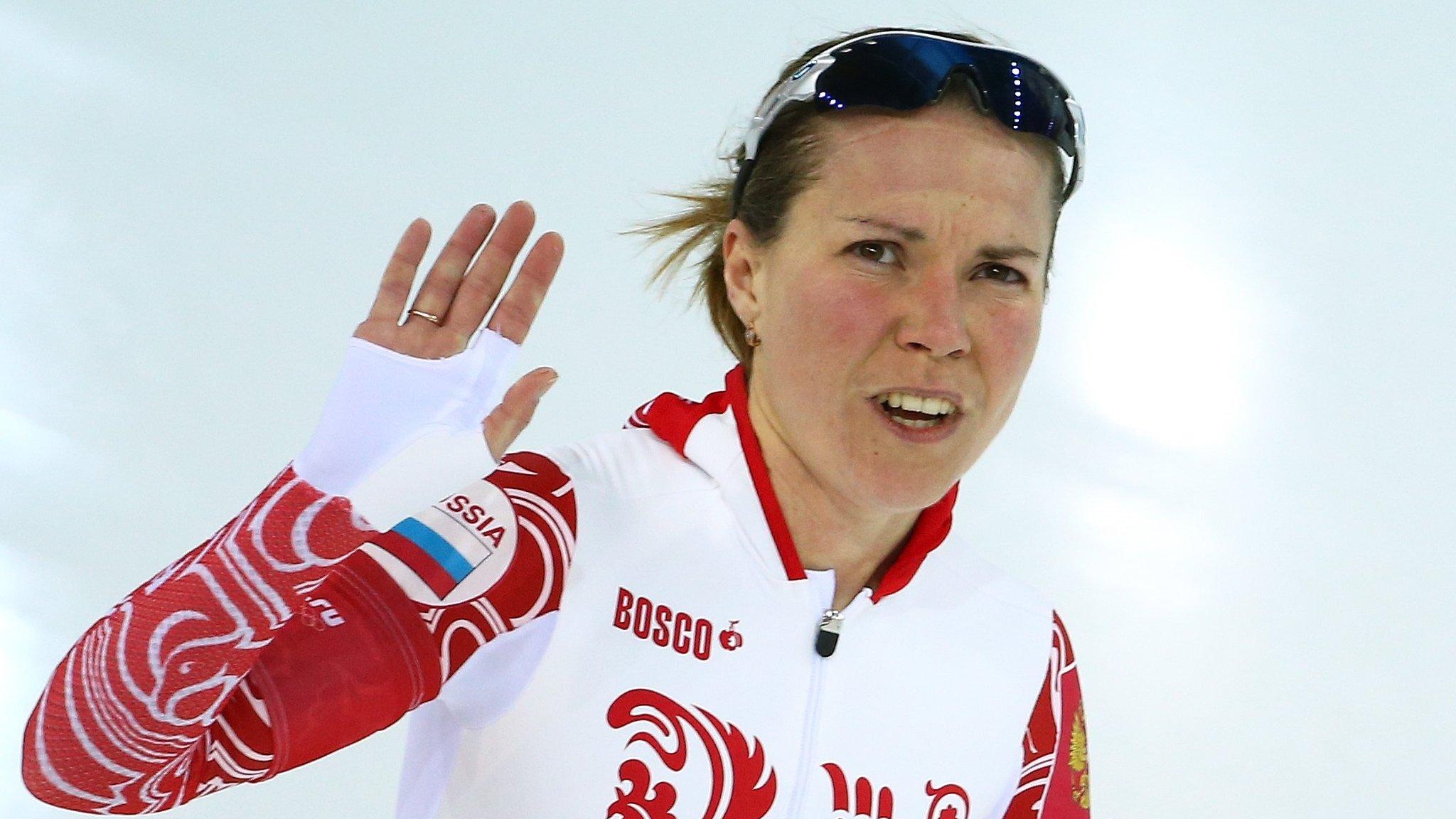
- Published29 January 2018
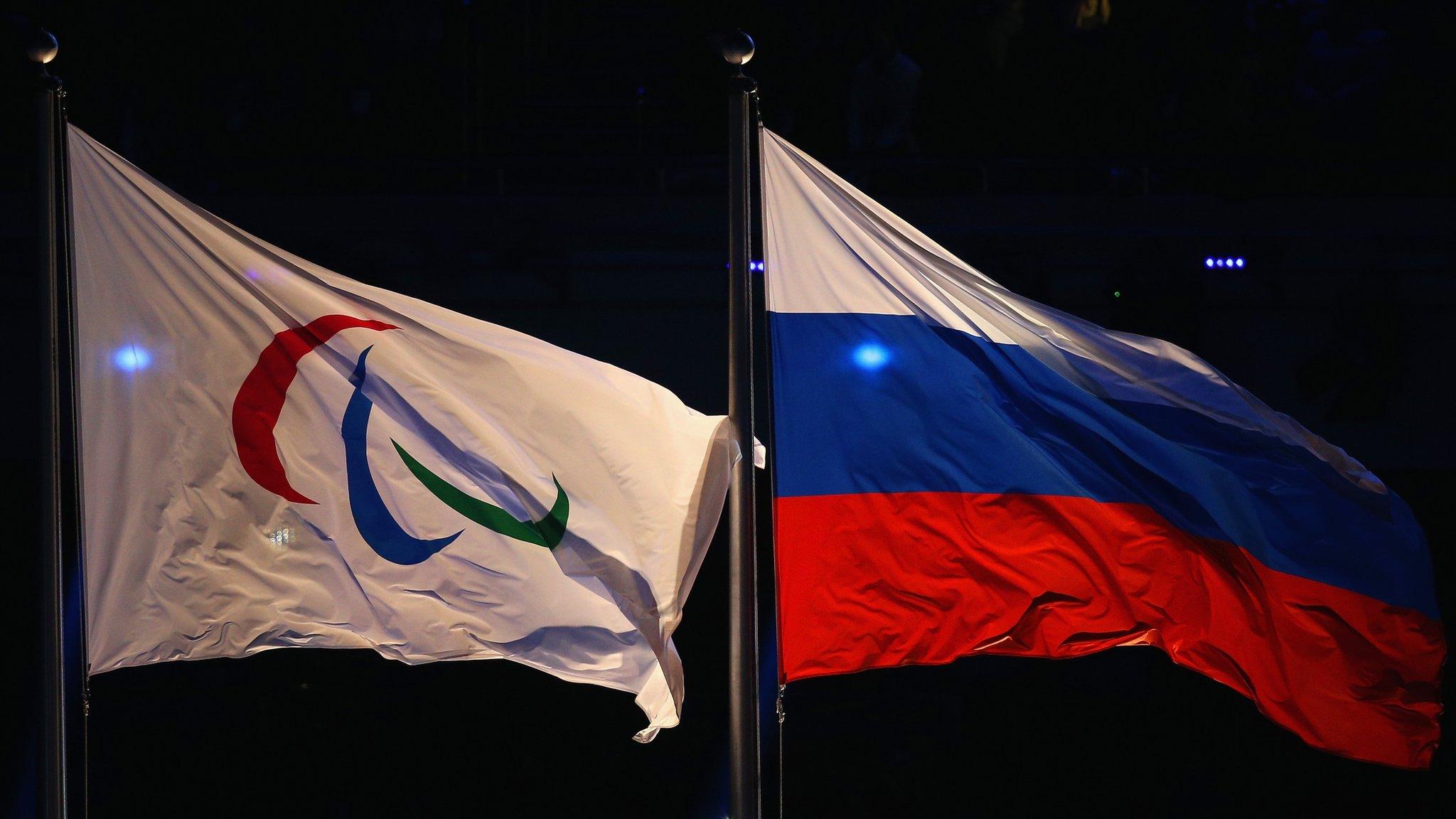
- Published27 January 2018
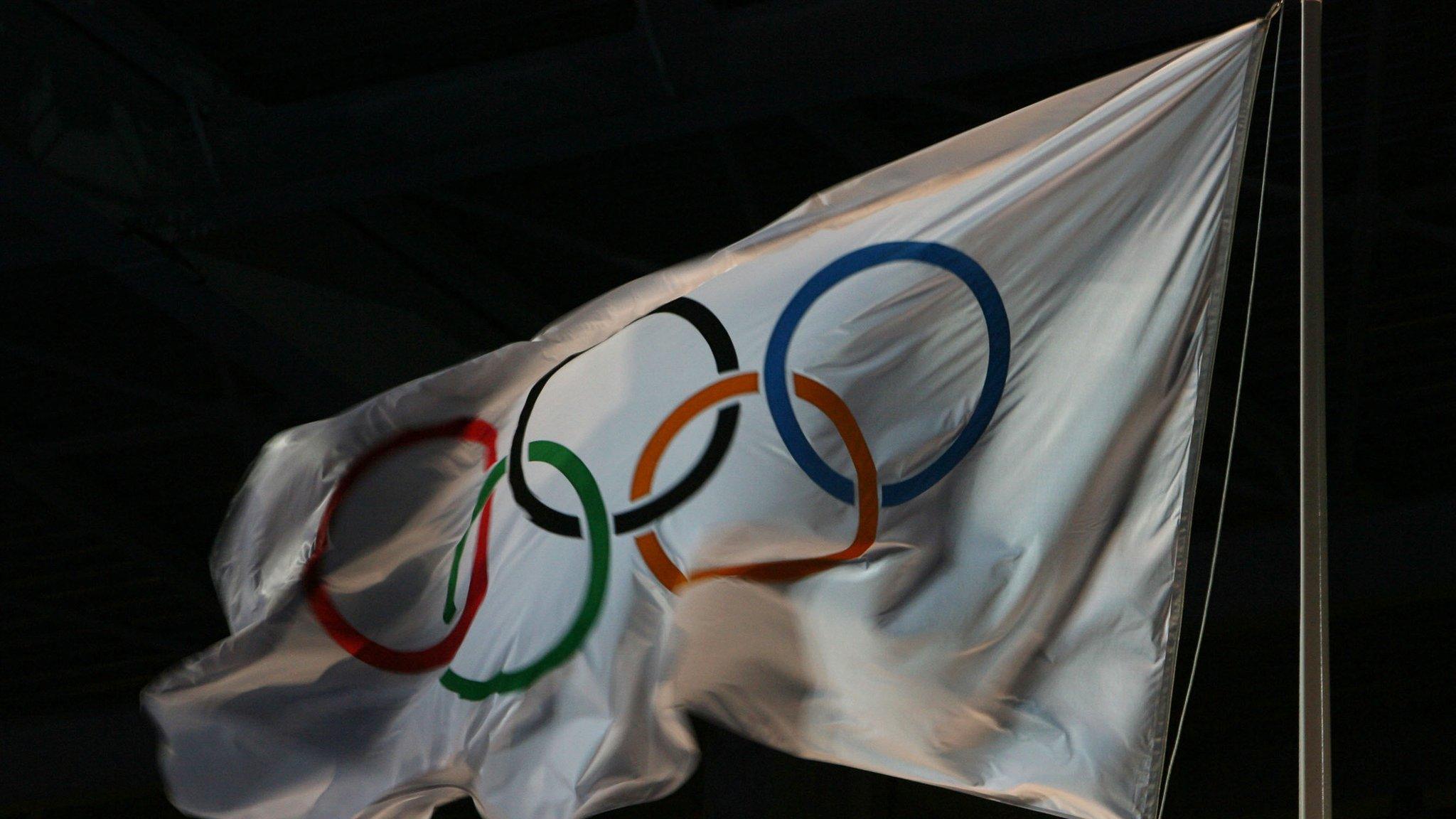
- Published17 January 2018

- Published11 January 2018
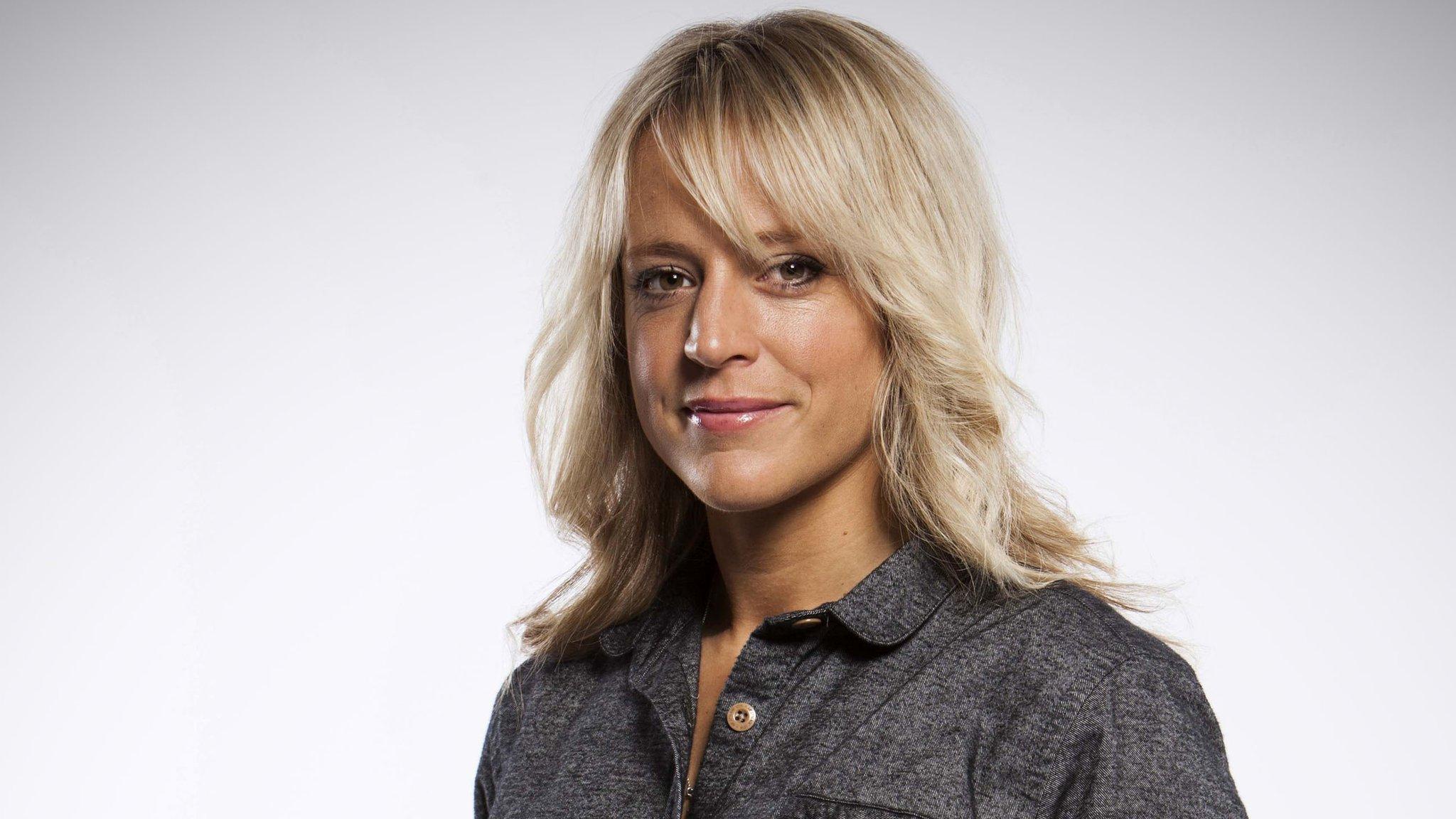
- Published8 February 2018
